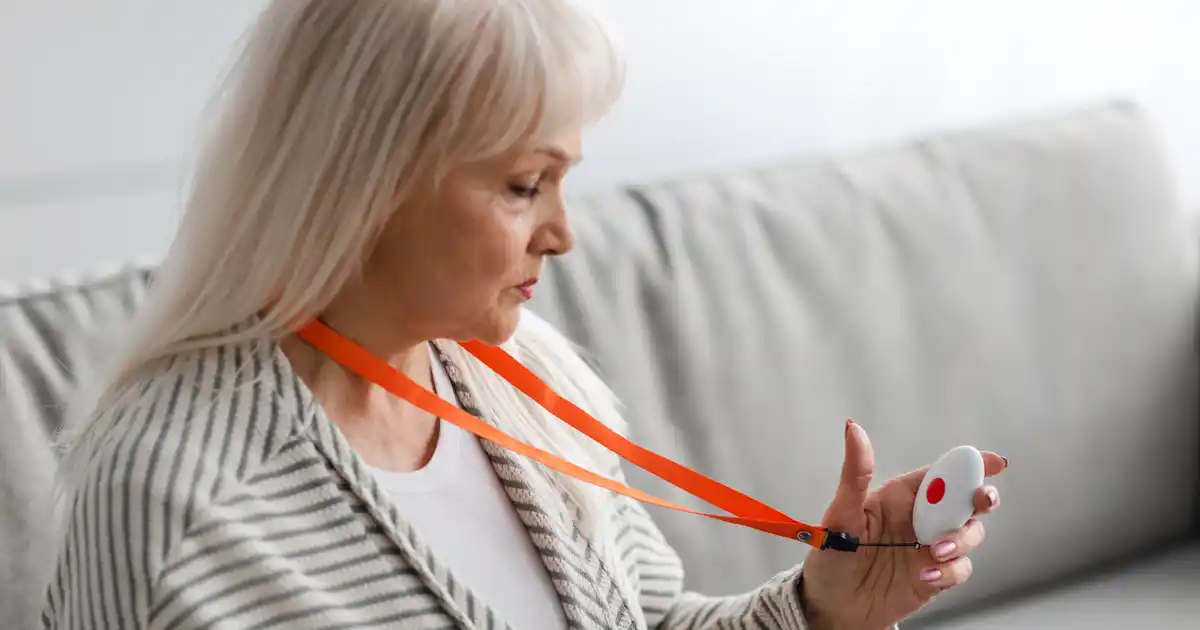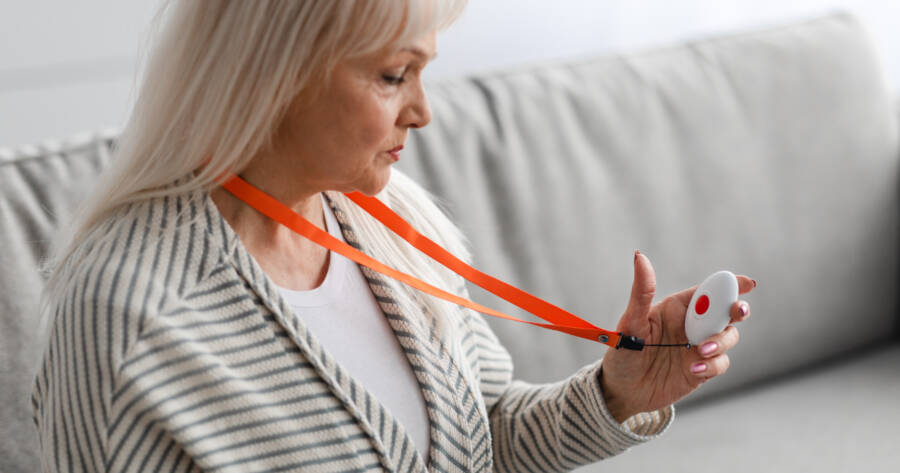In the realm of personal healthcare, medical alert systems have emerged as essential tools for ensuring the safety and well-being of individuals, particularly seniors living independently. These systems offer a blend of technology and service, with unique features and cost structures, aiming to provide immediate assistance in emergencies. If you’re looking for the top picks in a crowded market of lifestyle choices, you can explore the top medical alert systems with an online search right now.
Understanding the Basic Features
Most medical alert systems share a set of core features that form the foundation of their functionality. These typically include a wearable pendant or bracelet with a help button, a base station that connects to a phone line or mobile network, and 24/7 monitoring services.
Some models also offer fall detection, which automatically alerts the monitoring center if a fall is detected, adding an extra layer of safety. Exploring these basic features online can help in understanding how these systems function and which options might be best suited for different living situations.
Advanced Technology Integration
As technology advances, so do medical alert systems. Many now integrate with mobile apps, offering features like GPS tracking and health monitoring, beneficial for active seniors.
Some systems even connect with smart home devices, allowing users to control lights, locks, and thermostats through their system. Investigating these technological advancements online can reveal how modern systems can offer more than just emergency assistance.
Best Medical Alert Systems
Here are three of the best medical alert systems currently on the market, each with its unique features and differences:
Life Alert
Life Alert is one of the most widely recognized medical alert systems, known for its iconic “Help, I’ve fallen and I can’t get up!” advertising. The system includes a wearable pendant or bracelet with a button for emergencies and a base station that connects to a monitoring center.
It offers 24/7 monitoring, a waterproof emergency button, and a battery life of up to 10 years in its pendant. Life Alert also provides protection against home invasion and fire monitoring services.
How it Differs: Life Alert is distinct for its longevity in the industry and its strong brand recognition. It does not require a long-term contract but typically involves a higher cost and installation fee.
MobileHelp
MobileHelp is known for its integration of mobile technology in its medical alert systems. It caters to individuals who are active and often outside their homes.
The system offers GPS tracking, fall detection, and mobile options that work both at home and on the go. MobileHelp also provides a mobile app for family members to monitor and check in on the user.
How it Differs: Its major difference lies in its mobility and GPS features, making it ideal for active users. The use of cellular technology means no landline is required, and it offers different service plans to suit various lifestyles.
Bay Alarm Medical
Bay Alarm Medical offers a range of flexible and user-friendly medical alert systems. It is well-regarded for its excellent customer service and affordable pricing.
Features include in-home systems (landline or cellular), GPS help button, and an in-car medical alert option. Bay Alarm Medical also offers automatic fall detection and a caregiver tracking app.
How it Differs: Bay Alarm Medical stands out for its wide variety of options, including an in-car alert system, which is unique in the industry.
Cost Considerations
When comparing the cost differences between Life Alert, MobileHelp, and Bay Alarm Medical, it’s evident that each system caters to different budgetary needs. Life Alert, known for its extensive industry experience, often comes with a higher price tag. This includes an installation fee and a higher monthly rate, reflecting its brand prestige and comprehensive in-home protection services.
On the other hand, MobileHelp, with its focus on mobile technology and GPS tracking, offers a range of pricing plans. These plans are generally more budget-friendly, especially for those who do not require a landline connection. Their costs vary based on the level of mobility and technology features chosen.
Bay Alarm Medical stands out for its affordability, offering some of the most cost-effective options in the market. With no requirement for long-term contracts and a variety of plans, it provides a balance of value and functionality, particularly appealing to those seeking a budget-conscious solution without compromising quality.
Medical Alert Systems Offer Peace of Mind
Medical alert systems are invaluable in maintaining the safety and independence of individuals, especially the elderly. With the variety of options available, it’s crucial to thoroughly research and compare these systems online – based on features, technology, cost, and reliability.
An informed decision can lead to a choice that offers the right mix of safety, convenience, and affordability, providing reassurance for both users and their loved ones. Embrace the peace of mind that comes with trusting medical alert systems to protect your loved ones.
 Shutterstock: Prostock-studio
Shutterstock: Prostock-studio